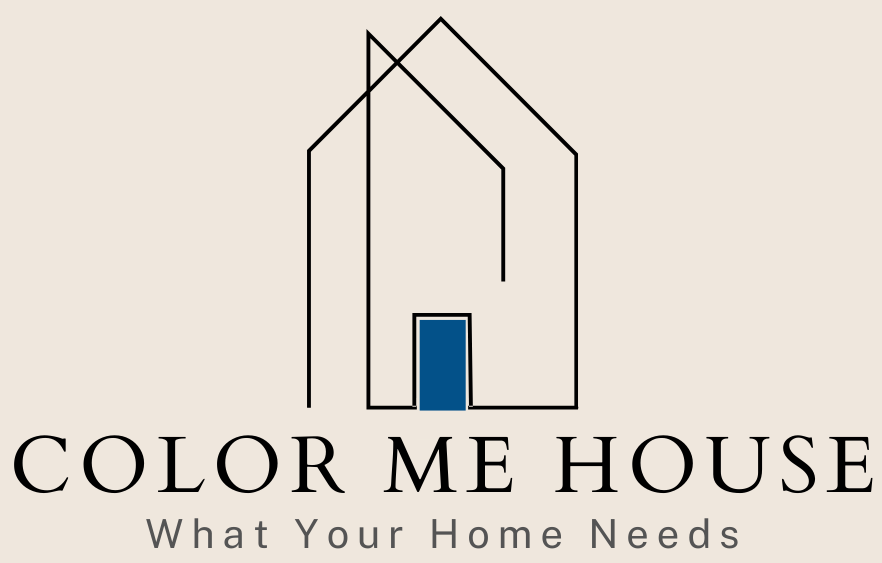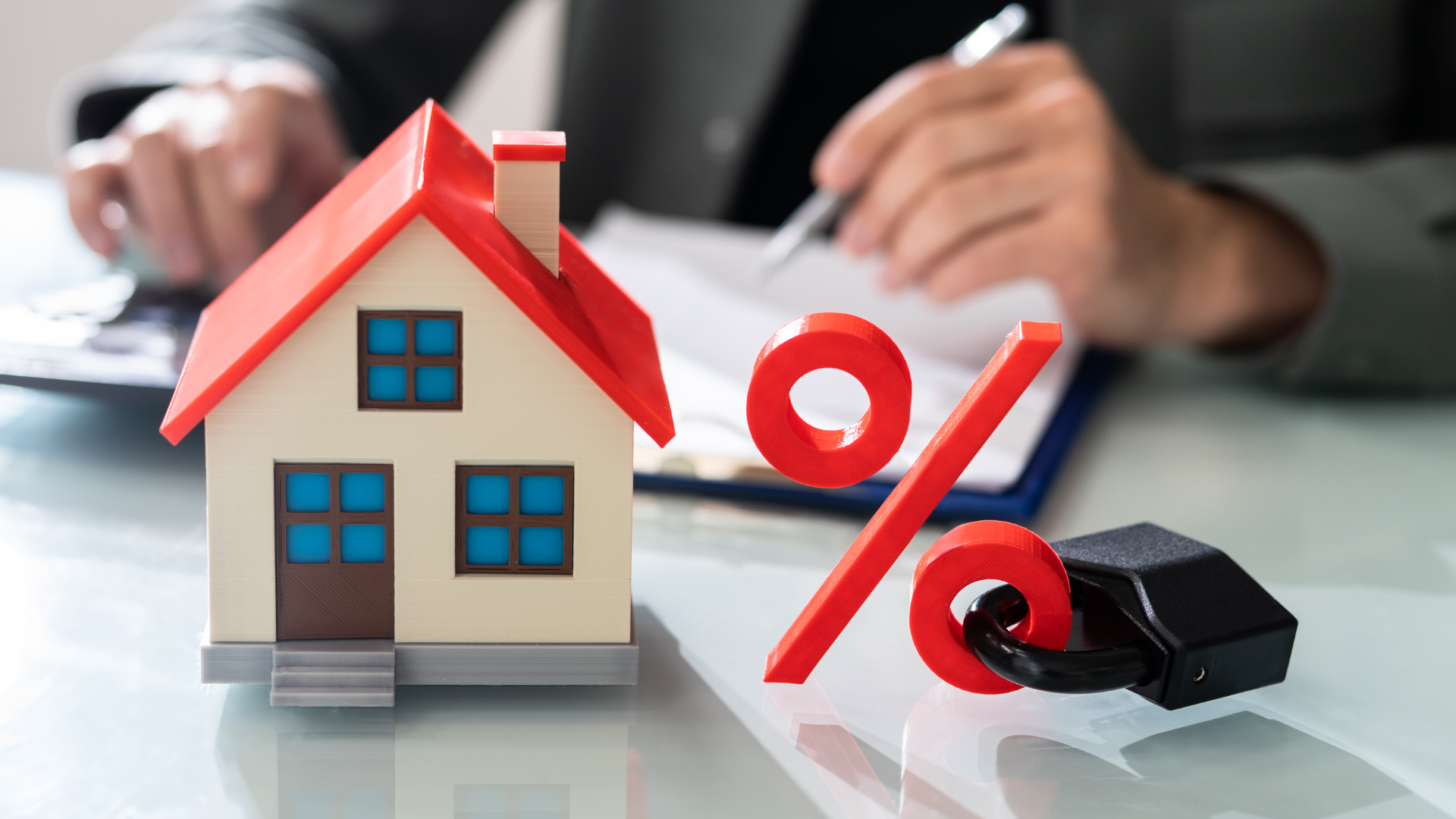Rising interest rates don’t necessarily mean rising home prices. The opposite may be true. As interest rates rise, home buyers may be able to lock in lower rates (or lower payment amounts). While rates are still historically low, there’s no guarantee that they will remain, so it’s important to act sooner rather than later.
Home buyers are starting to feel the effects of rising interest rates, forcing some homeowners to sell their properties before interest rates rise further. Higher rates mean homebuyers will face more upfront costs and may have to pay more than their mortgage payments each month. As a result, some homeowners feel like they need to “cash out” or sell their real estate as quickly as possible.
Interest rates have been on the rise recently, and there has been much speculation as to how this will affect the housing market. Generally, when the cost of borrowing money increases, potential home buyers may find it more difficult to afford a mortgage, which can decrease the number of home purchases. But, some of them may find it cheaper to buy than rent, and rising interest rates could mean that home purchasing becomes more attractive.
Rising interest rates have a direct impact on home buyers. If rates rise, buyers could make less on their investment, while sellers can make more money. Rising rates mean more buyers, which may mean less competition.
If you plan on buying a home this year, rising interest rates could be a concern, especially if you rely on financing to make a purchase. But rising interest rates are not universal, and while rates on home loans may be rising, rates on other credit like credit cards and auto loans have not risen as much.
If you have thought about buying or refinancing a home, now might not be the time. After years of historically low-interest rates, the Federal Reserve has signaled that it may raise rates this year. This could raise mortgage rates, which could, in turn, make it more expensive to buy a home. But don’t worry, if you’re planning to buy a home soon, there are still plenty of good deals.
Rising rates mean higher monthly payments, shorter loan terms, and higher overall costs. Yet, other home buyers benefit from rising rates. Interest rates on home loans have been climbing steadily, affecting home buyers differently.
Buying a home can be one of the most rewarding experiences of your life. With a house comes the opportunity to save money, build wealth, and live the life you want. But like with any major purchase, there are pitfalls, risks, and enormous costs. Add in rising interest rates, and buying a home could get a lot more expensive. But with a little research and hard work, a home purchase can still be within reach.
Rising interest rates can significantly impact potential buyers of a new home. At any given time, mortgage rates are as high as they have been in nearly nine years. This has caused interest rates to shoot up, and with interest rates rising, the cost of buying or refinancing a home has risen as well.
With rising interest rates, home buyers will be paying more monthly for their homes. In some cases, buyers may even be paying down less principal means more interest. While rising interest rates are good for the economy, home buyers are finding themselves in the difficult position of choosing between buying more houses or saving more for a down payment.
Rising interest rates mean more buyers are able to qualify for home loans as lenders tighten their lending standards. Though rising rates may drive some buyers out of the market, home affordability keeps home prices steady, allowing buyers to take advantage of the market. The good news for home buyers is that these rates make homes more affordable.
Interest rates are rising— home buyers need to be ready to face tight lending standards. They have been at historic lows for the past several years. Still, as long-term interest rates rise, mortgage lenders will need the ability to lend at a higher interest rate than what is available to the general public. Therefore, lenders will require more income, assets, and a greater down payment to qualify.
The 6 ways that affect home buyers in rising interest rates:
- They increase the amount of mortgage that home buyers will need.
- Rising interest rates reduce the purchasing power of home buyers.
- They reduce the buying power of home buyers.
- They lower the amount of available money people can spend.
- They increase the amount of money that buyers need to pay for a house.
- They raise the cost of houses, making it more difficult for people to find affordable options in the housing market.
Rising rates impact all buyers who plan on making a loan, but first-time buyers are especially affected by them. When rates are rising, buyers who plan to use the help of a home loan to buy a house face challenges with affordability.

